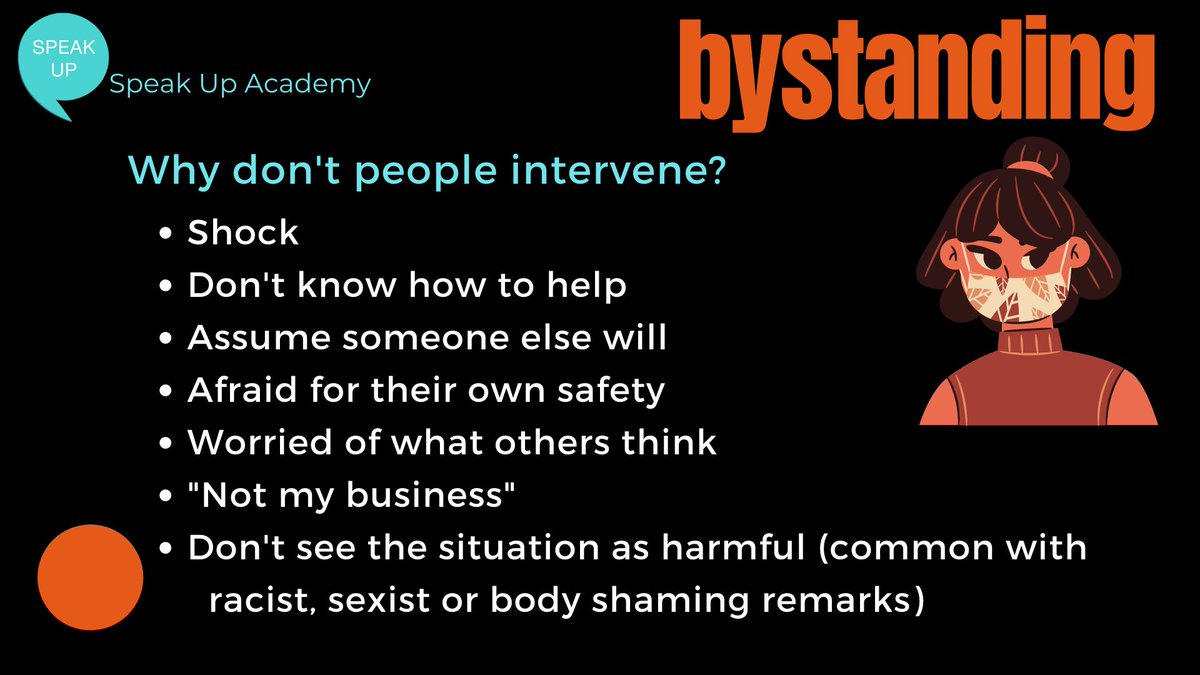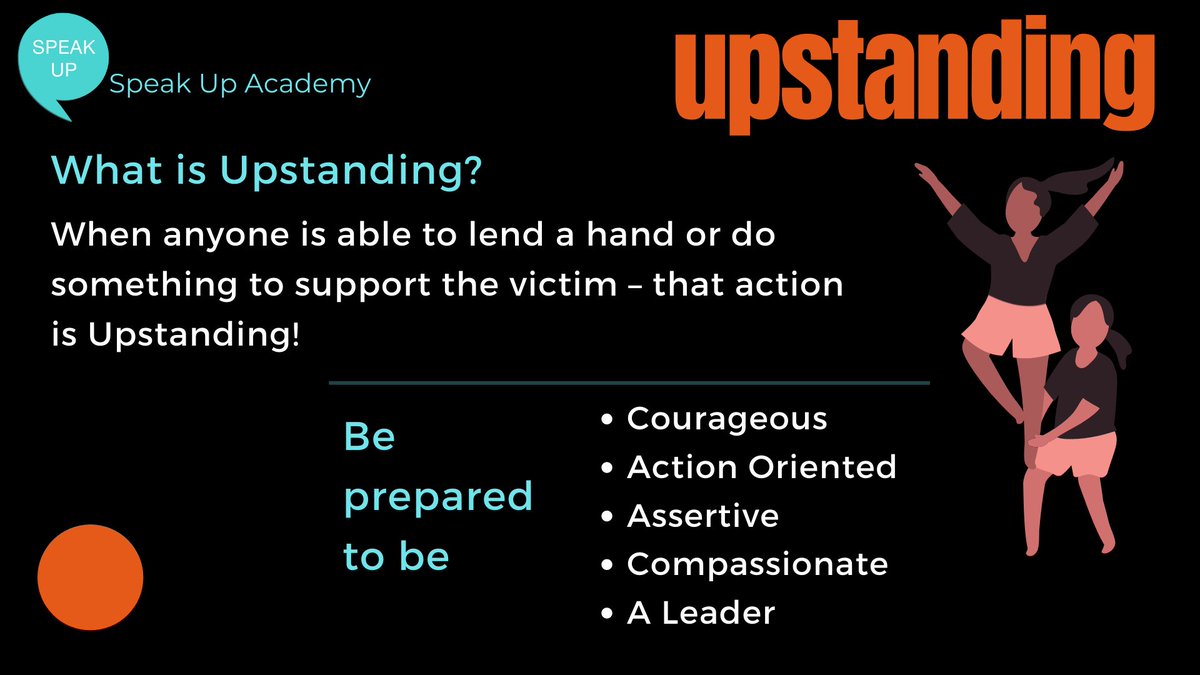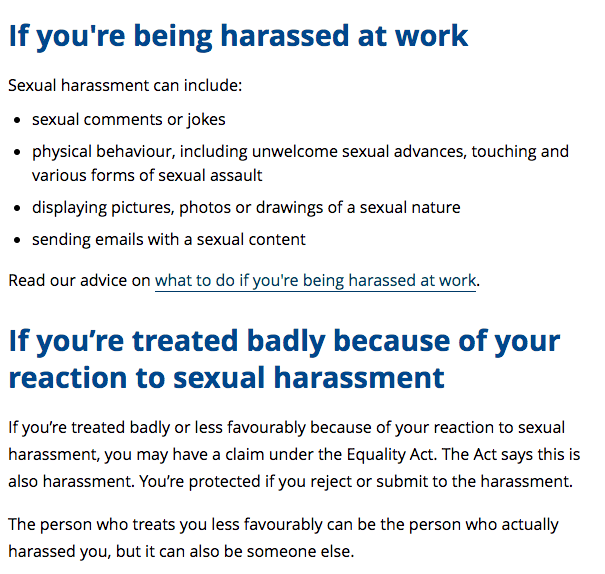
Did you know that the more bystanders to an incident, the less likely anyone will intervene - the Bystander Effect. 
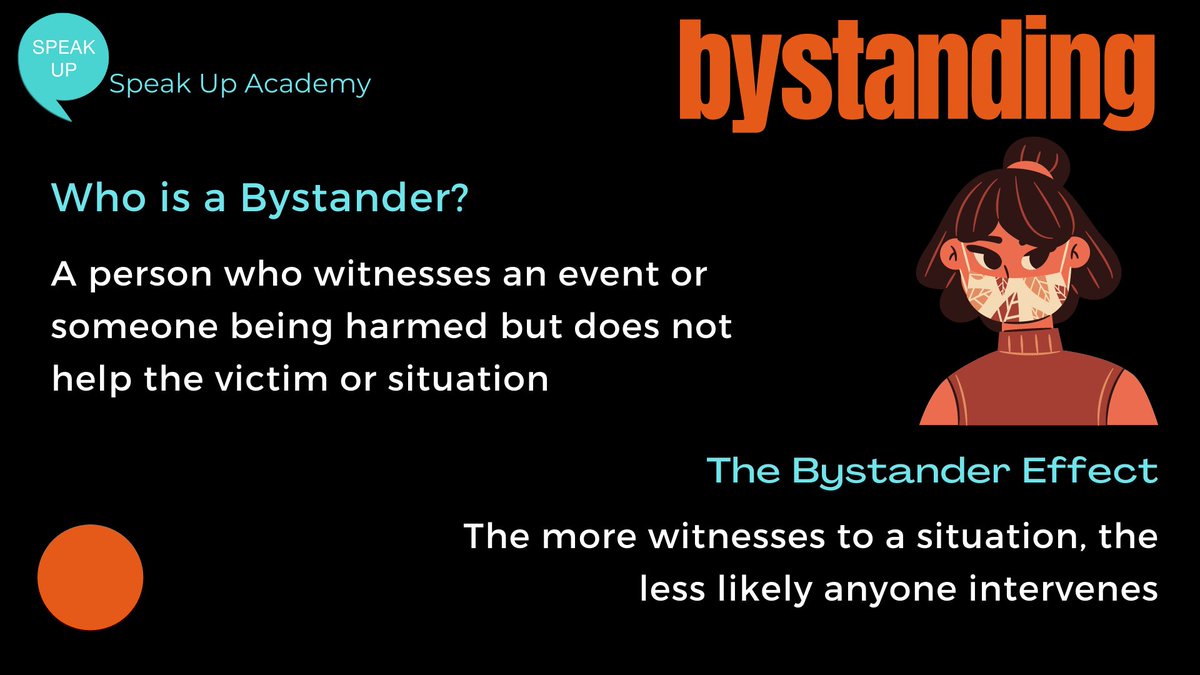
Yet when we don't intervene, the victim feels worse. I've spoken to people who were harassed who said, if only someone just came forward and asked if I were ok, it would have made all the difference. 
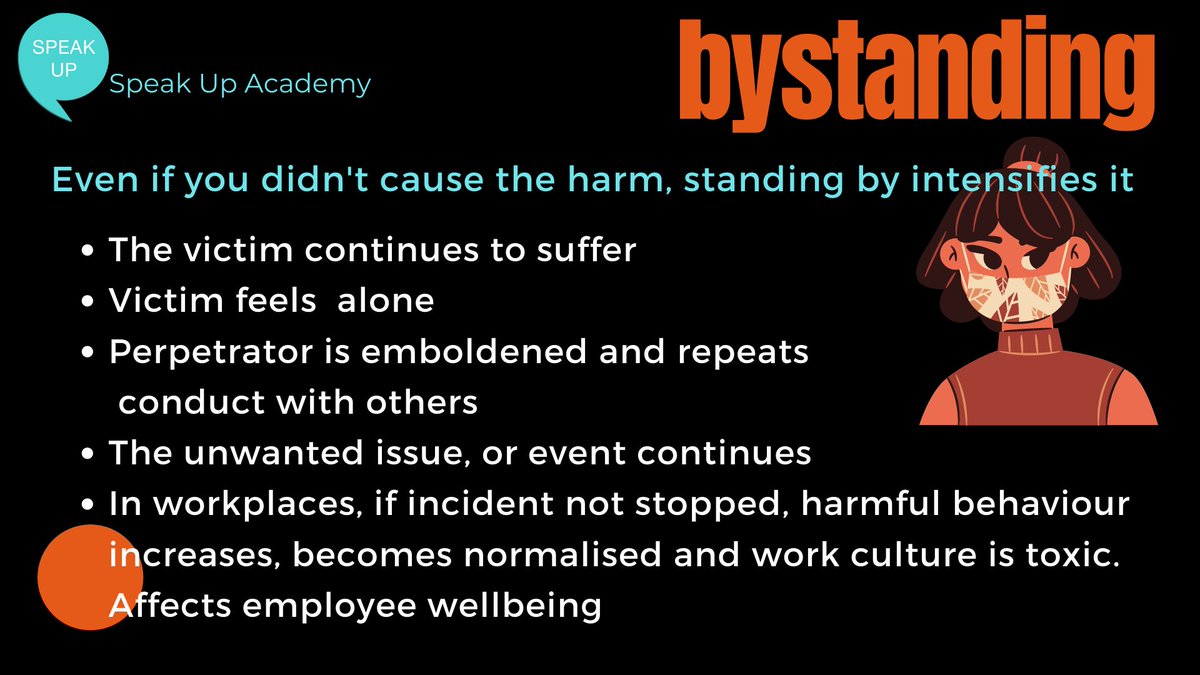
Upstanding is all about standing up for the victim/target and supporting them. You don't need to confront the harasser or seek to de-escalate. You're not trying to punish/educate the harasser or mediate. You're supporting someone who is being harmed. 
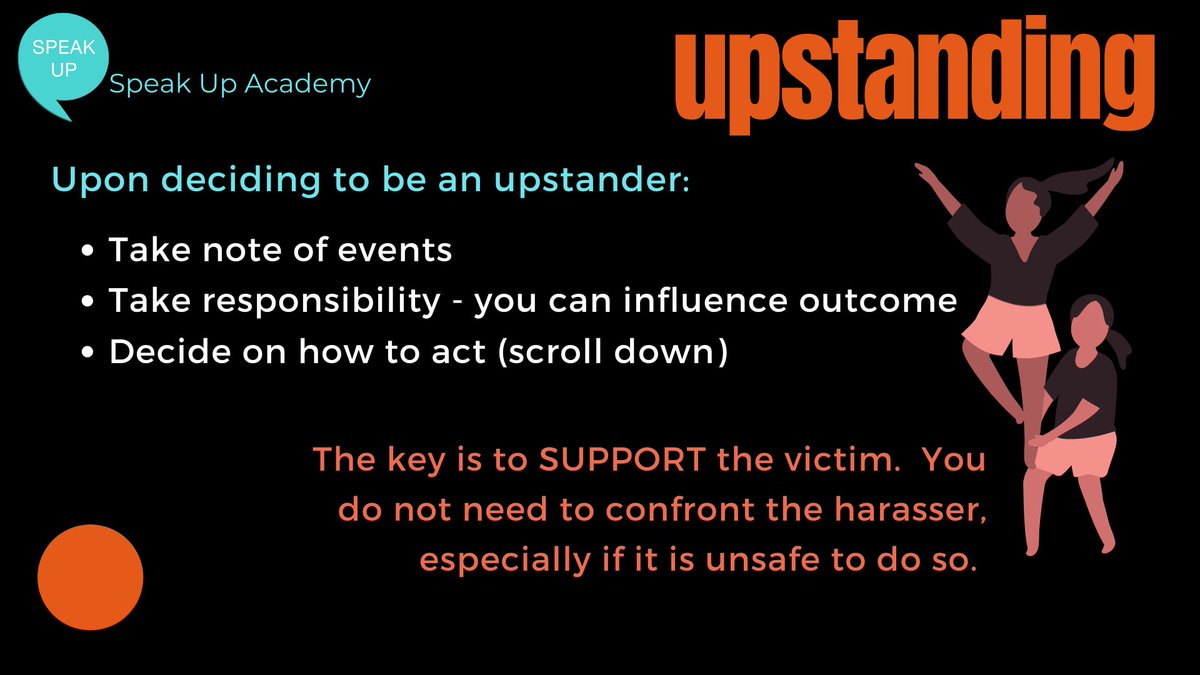
How do you intervene? Betty Yeoh explains in more detail in our video: the 4Ds: Direct, Distract, Delegate and Delay 
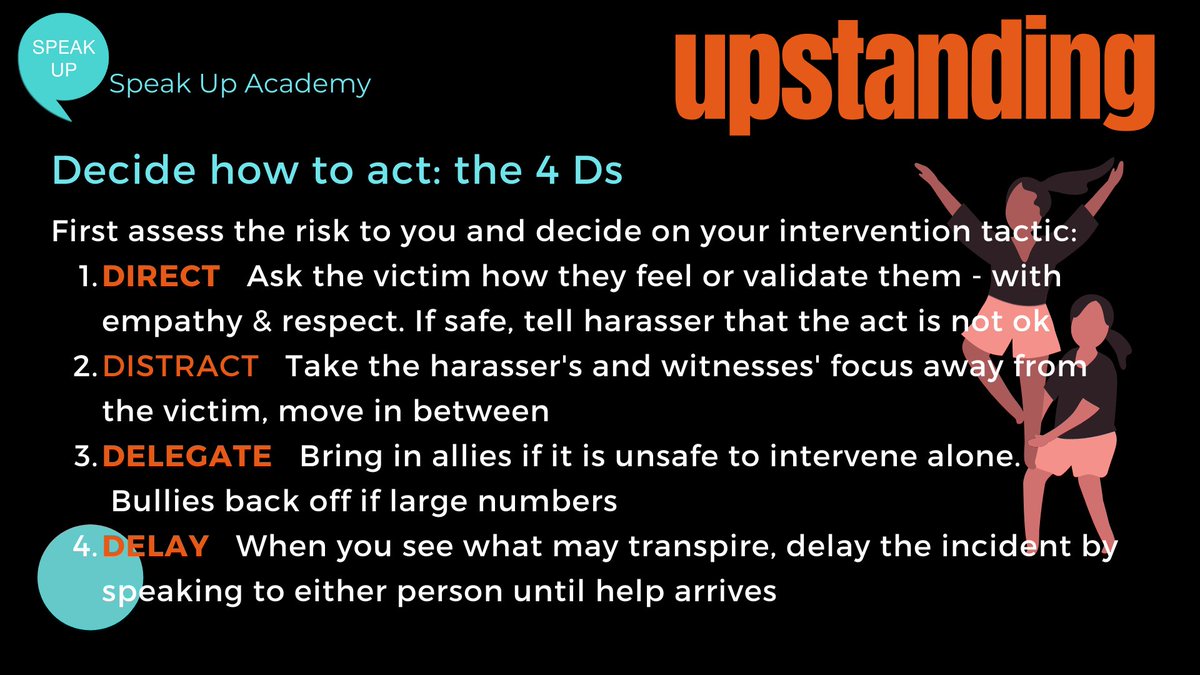
Power dynamics is real. If you are male, white or senior in an organisation, your intervention sends a strong signal. If you don't intervene, you condone the conduct. For example, women who call out sexual harassment are tired of doing all the heavy lifting 
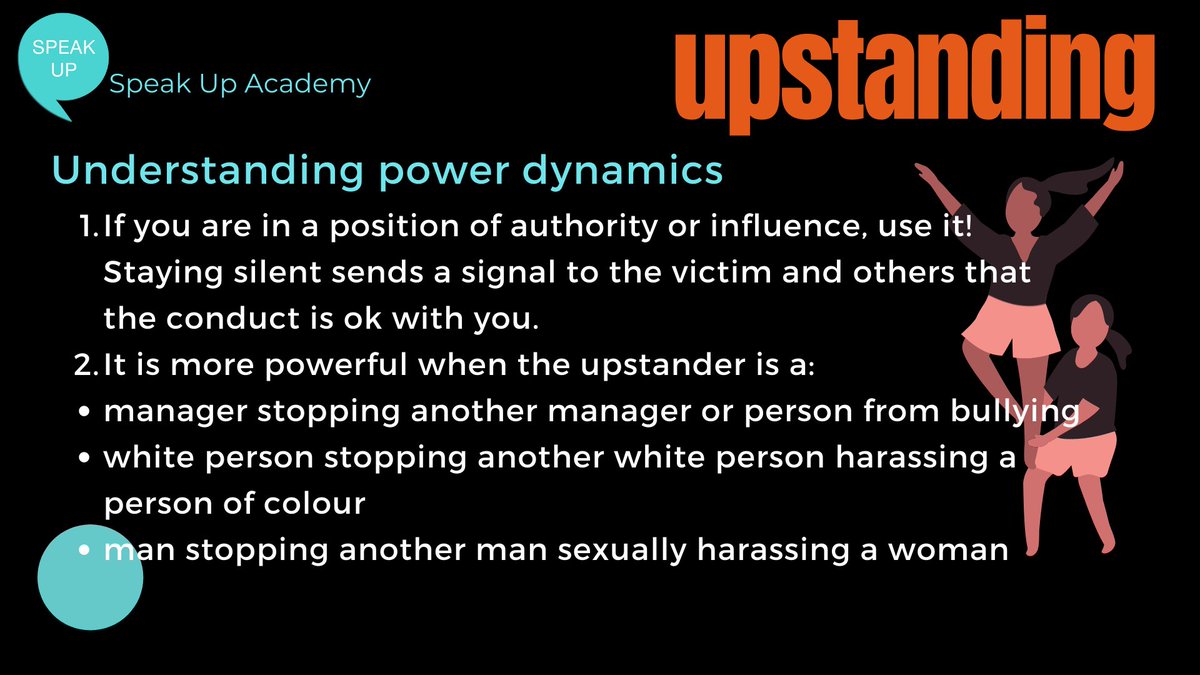
Employers can make a big difference by creating a safeguarding culture which encourages upstanding. Upstanders need to know they will be backed by management. 


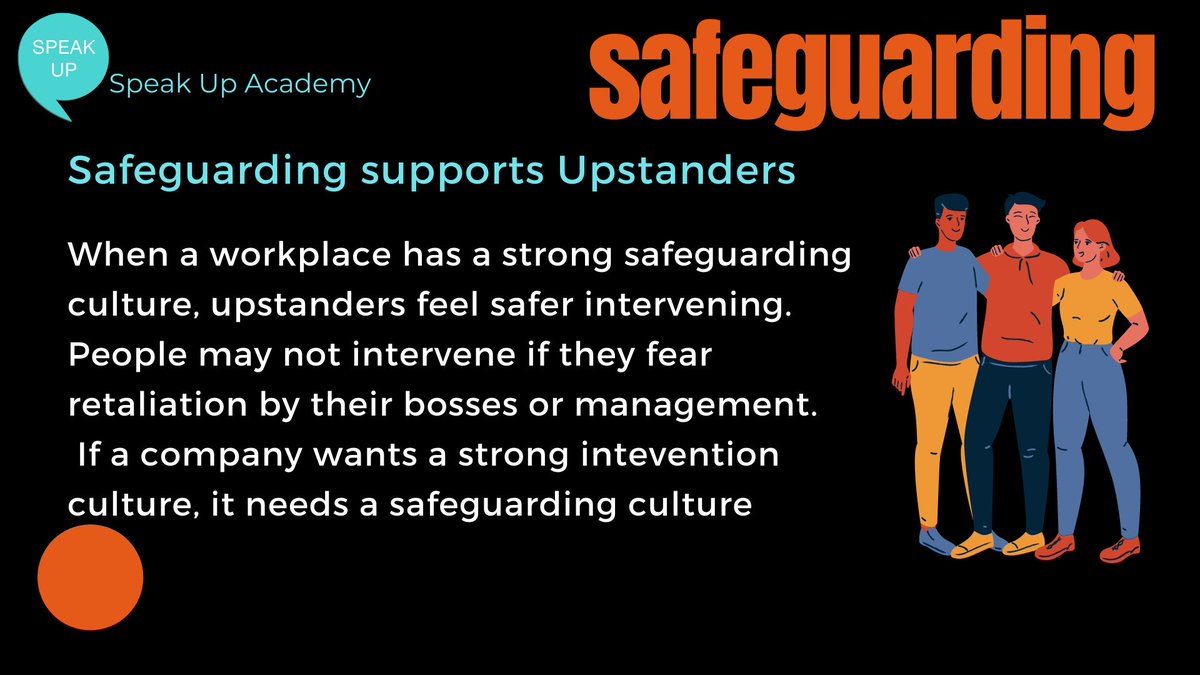
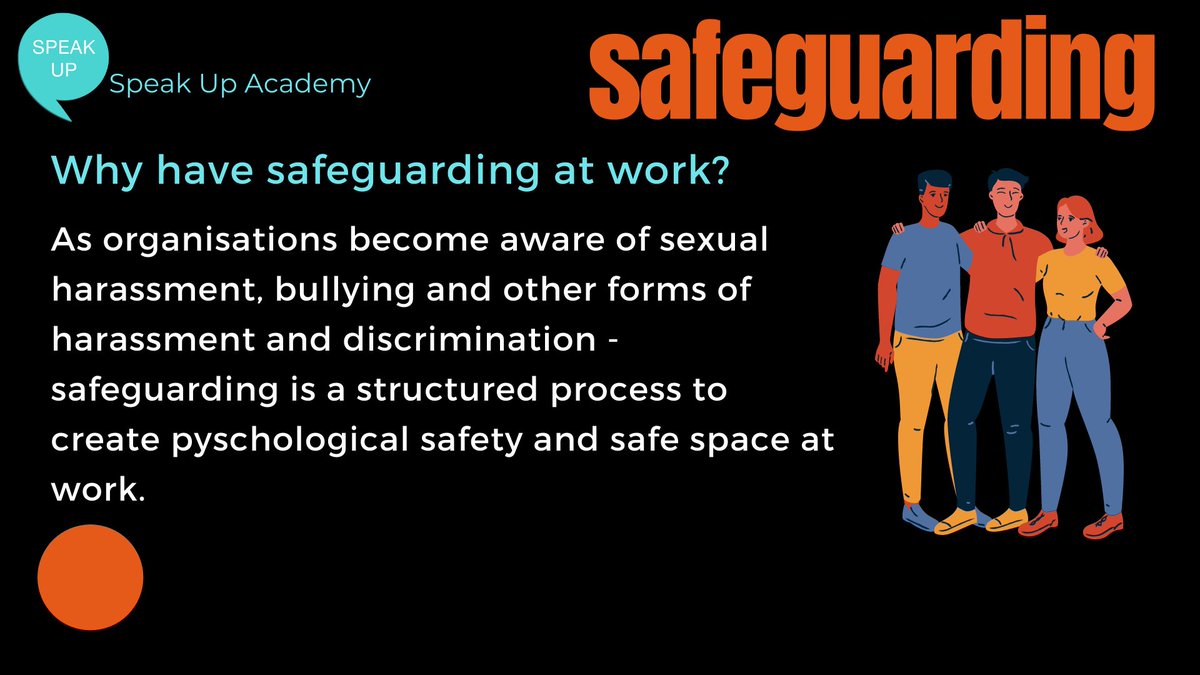
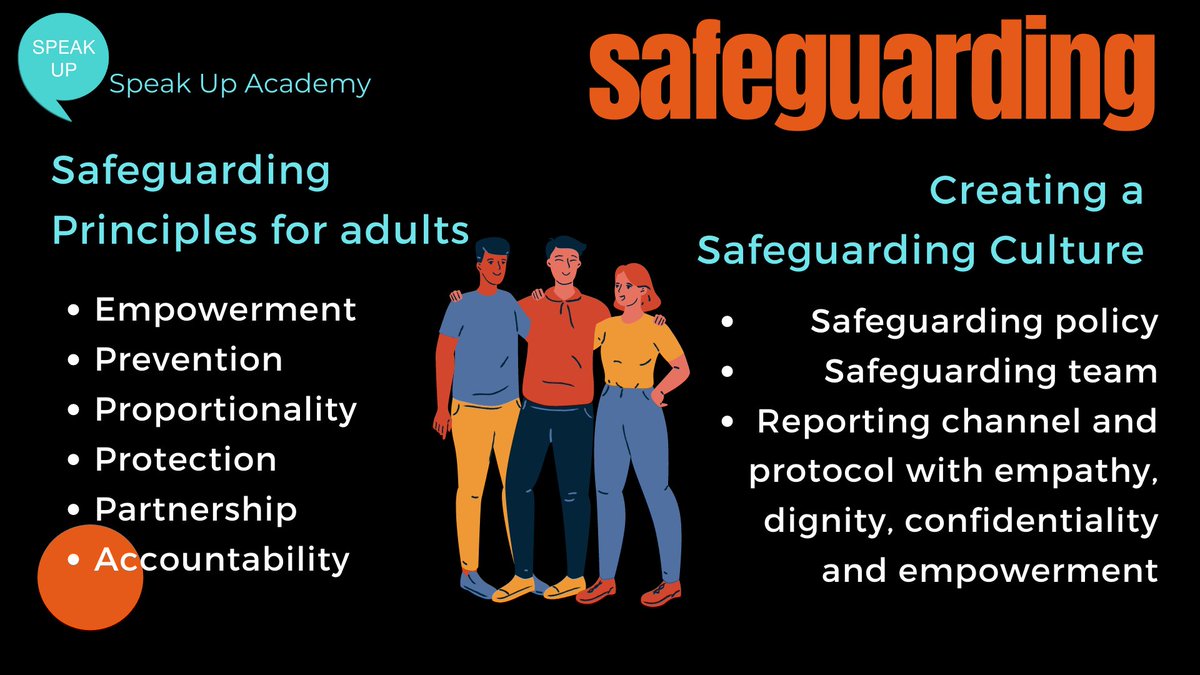
You can download all these slides here: slideshare.net/AnimahKosai/ho…
And watch Betty Yeoh and me, here:
We are really committed to helping employers make their workplaces safe and inclusive - reducing bullying and harassment. vimeo.com/460811454
We are really committed to helping employers make their workplaces safe and inclusive - reducing bullying and harassment. vimeo.com/460811454
You can download all these slides here: slideshare.net/AnimahKosai/ho…
Watch the webinar here - where Betty Yeoh and I discuss Bystanding, Upstanding and Safeguarding. vimeo.com/460811454
To my fellow Upstanders, Please do share this thread @rogerkline @deebasyed @ladymissazira @RemakingManhood @IMMikhailHafiz @michaelkasdan @RichardBistrong @MichelleYesudas @LittleJanhere @BullyingAlberta @JaniceGIlliganW @DrUmeshPrabhu @emelliashariff
• • •
Missing some Tweet in this thread? You can try to
force a refresh
